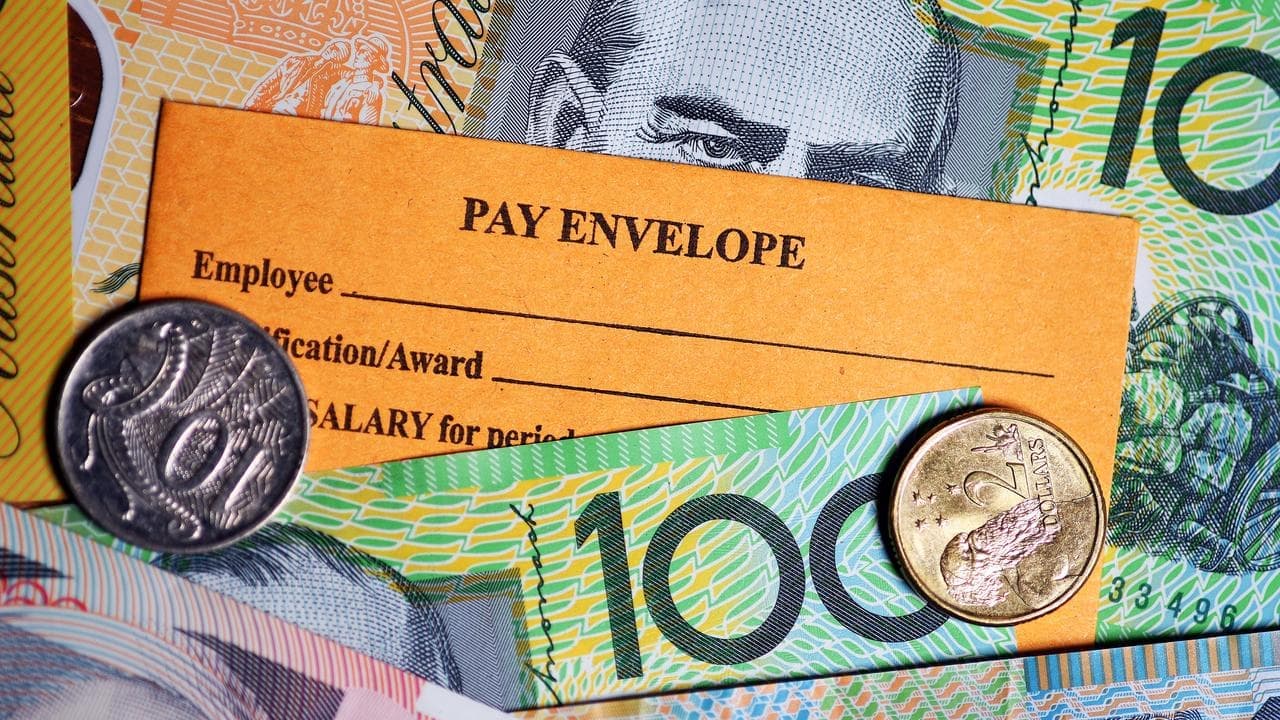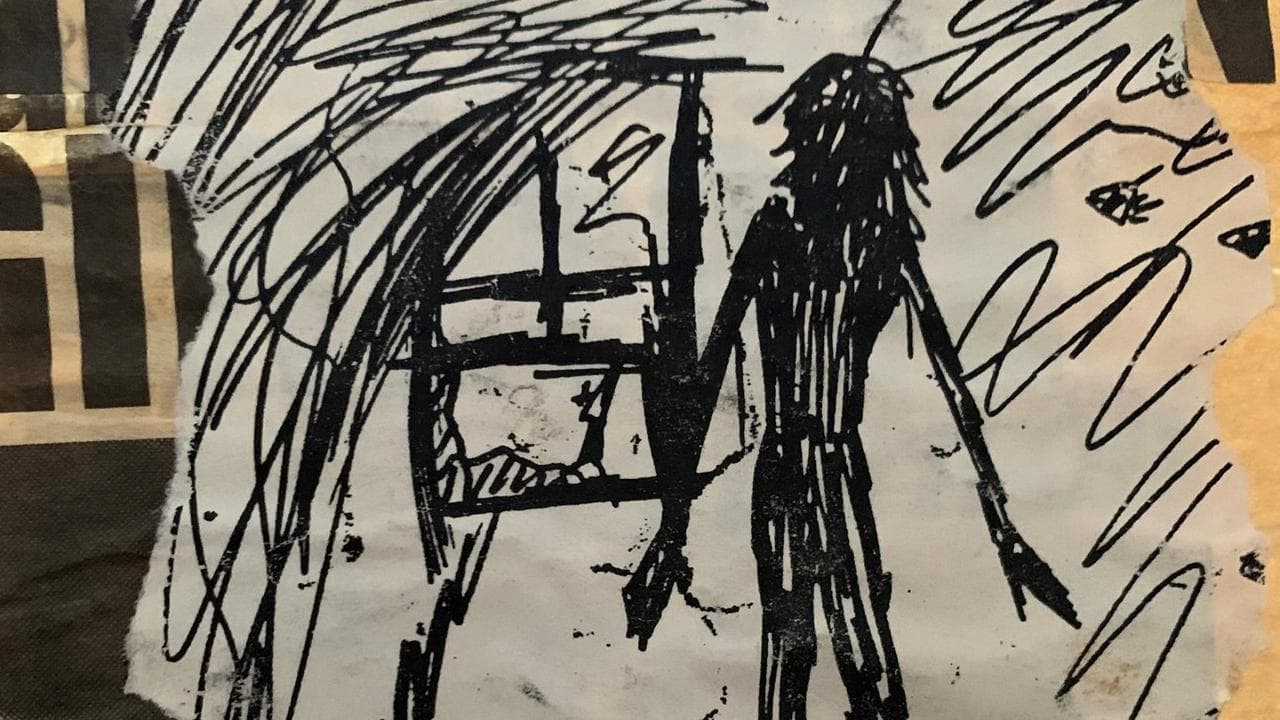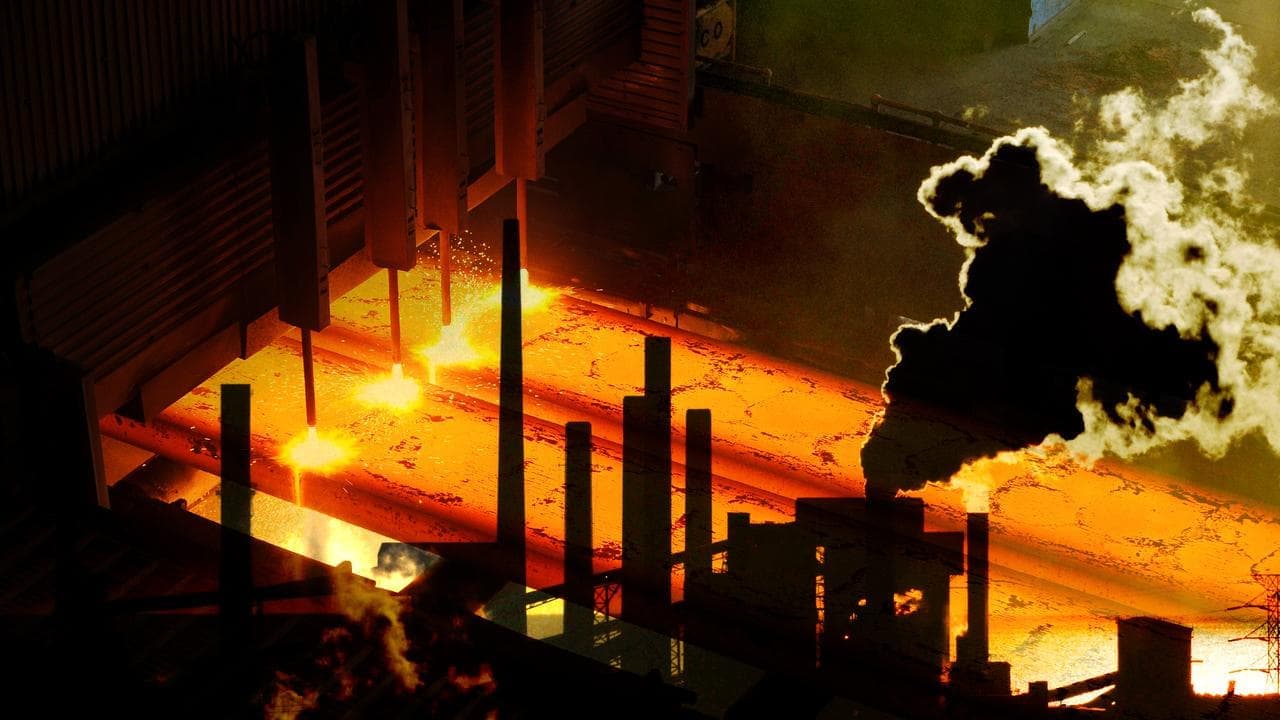WHAT WAS CLAIMED
710,000 new voters on the electoral roll include migrants who arrived under Labor.
OUR VERDICT
False. Migrants who arrived under Labor are not eligible to vote in the 2025 election.
AAP FACTCHECK - New migrants who have arrived in Australia under the Albanese government are not responsible for growth in the current electoral roll, contrary to claims made on social media.
Citizenship laws mean that any migrants who arrived after the last election, in May 2022, are not eligible to vote, while data shows the majority of new enrolments are young people who can now vote after turning 18.
The claim appears in social media posts featuring a news headline about 710,000 new voters joining the electoral roll.
"Ahhh here we see the same shit they pulled in the US, import people, give them the vote & attempt to rig the outcomes of elections with those new people," an April 2, 2025, Facebook post is captioned.
"Labor upped immigration during a massive cost of living crisis with absolute minimal new home construction & now has over 700k new voters with a predilection to vote for the group that brought them in."

A separate post appears to suggest the new enrolments include some migrants who arrived during Labor's term.
"If you were wondering why Labor is importing 1 person every 42 seconds despite housing crisis [sic], now you know," it reads.
The Australian Electoral Commission (AEC) confirmed 710,000 people registered to vote between the 2022 federal election and December 2024.
An AEC spokesman told AAP FactCheck new Australian citizens make up about 30 per cent of this growth, with the vast majority made up of Australians turning 18 years old and enrolling to vote for the first time.
Tiziana Torresi, an migration expert at The University of Adelaide, confirmed new migrants aren't legally eligible to vote because they aren't Australian citizens.
"Australia does provide immigrants the opportunity to become citizens, as do most liberal democracies," she told AAP FactCheck previously, "but conferral of citizenship is strictly regulated."

Dr Torresi said that for people to be eligible to apply for citizenship, they must be a permanent resident and have been in Australia on a valid visa for at least four years.
They also must have held a permanent visa for the last 12 months and are required to have been physically present in the country at specific points and for specific lengths of time.
This means any new citizens voting at the upcoming election arrived in Australia before May 2021, preceding the Albanese government.
False claims about the electoral system have the potential to undermine trust, the AEC spokesman said.
"If any Australians are unsure about how to interpret the AEC's enrolment stats, we would strongly encourage them to come to us for expert advice rather than run the risk of publishing something that is very clearly false," he noted.
AAP FactCheck is an accredited member of the International Fact-Checking Network. To keep up with our latest fact checks, follow us on Facebook, Instagram, Threads, X, BlueSky, TikTok and YouTube.












